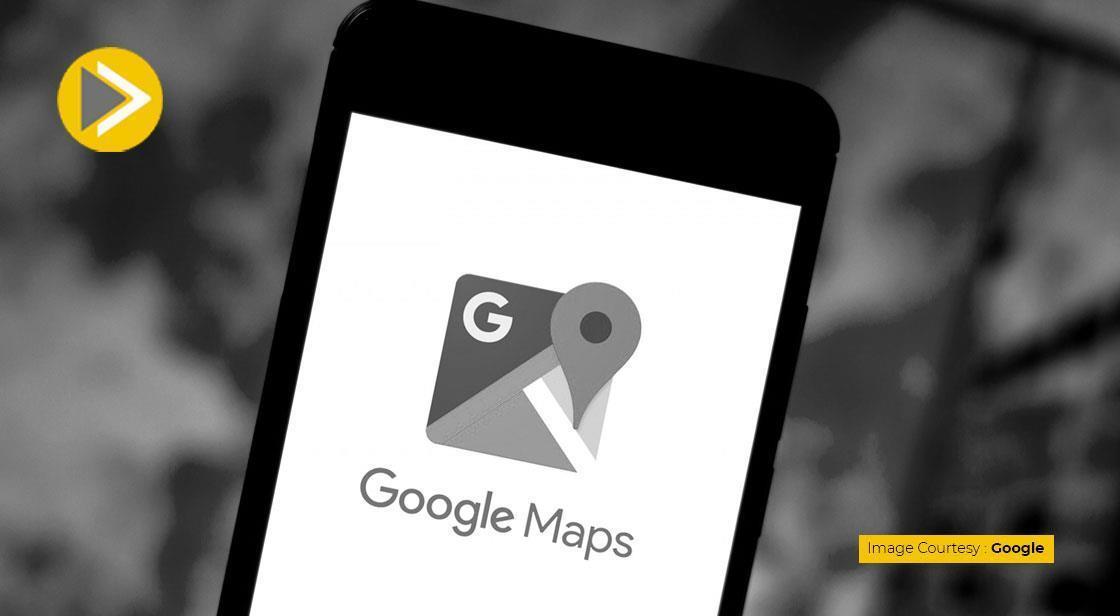Google Maps Tightens Security: AI Cracks Down on Fake Businesses and Reviews

News Synopsis
Google is intensifying its efforts to clean up fake content on Google Maps, targeting fraudulent business listings and suspicious five-star reviews. In a newly published blog post, the company highlighted a significant advancement in how it’s safeguarding business data with the help of AI technology and expert analysts.
AI & Analysts Team Up to Protect Maps Users
Google Maps has become a go-to resource for users searching for services and locations. However, it’s also been a breeding ground for impersonators who create fake business listings to deceive people—especially by claiming unverified or unclaimed profiles.
To tackle this issue more aggressively, Google is now using advanced AI models, including the Gemini AI system, to detect and stop suspicious behavior.
"They have already taken action against more than 10,000 listings and are pursuing legal action against multiple offenders."
Fake Business Edits Under the Scanner
Gemini AI Helps Detect Dubious Changes
As part of its new approach, Google has developed a powerful model powered by Gemini AI that flags questionable updates to business profiles.
“According to information shared by Google, they have developed a new model with the assistance of their Gemini AI, designed to identify potentially dubious profile edits.”
Simple, natural changes—like renaming a business from “Zoe’s Coffee House” to “Zoe’s Cafe”—are not treated as threats. But drastic edits, such as changing the category from "cafe" to "plumber", are treated as suspicious.
“This year alone, the company has already blocked thousands of questionable edits to Business Profiles.”
Fake 5-Star Reviews: AI Tightens the Noose
Buying Reviews? Think Again
Google is also tackling the rampant issue of fake 5-star reviews. Many businesses resort to purchasing high ratings from people who’ve never interacted with their service, misleading potential customers.
“Google's policies clearly prohibit such practices, and the company is now leveraging AI to spot this kind of dishonest behavior.”
Using machine learning, Google now analyzes review patterns even months after posting, making it much harder for fake reviews to go unnoticed.
Alerts in Key Markets: India, U.S., U.K.
Google has introduced new alerts in India, the United States, and the United Kingdom to notify users when suspicious five-star reviews are removed from a listing.
By the Numbers: Google's Anti-Fraud Progress
Last year alone, Google’s automated and manual review systems delivered impressive results:
-
Over 240 million reviews were blocked or removed for violating content policies.
-
The majority were removed before users could even see them.
-
Google eliminated over 12 million fake Business Profiles in 2023.
“Last year, thanks to advanced machine learning algorithms, Google blocked or removed over 240 million reviews that violated their policies, with the majority taken down before they could be viewed. Additionally, they eliminated over 12 million fake Business Profiles.”
Why This Matters for Users and Businesses Alike
For genuine businesses, fake reviews and impersonators can damage reputation and revenue. And for users, being misled by fake listings could lead to financial scams or wasted time. Google's efforts to clean up Google Maps using AI and human oversight come at a time when online trust is more critical than ever.
Conclusion
Google’s latest AI-driven initiative marks a major leap forward in the fight against online misinformation, especially on platforms like Google Maps where users rely heavily on accurate business information. By leveraging its powerful Gemini AI and combining it with human review teams, Google is setting new standards in maintaining the credibility of its services.
Blocking over 10,000 fake business listings and removing more than 240 million fraudulent reviews in just a year shows the scale and urgency of the problem — and Google’s commitment to solving it. These actions not only protect users from scams and misleading content but also ensure a level playing field for genuine businesses.
With new alert systems already active in key markets like India, the U.S., and the U.K., users are now better equipped to make informed decisions. This move reinforces the importance of trust, transparency, and technology working hand-in-hand to create safer digital experiences.
You May Like









